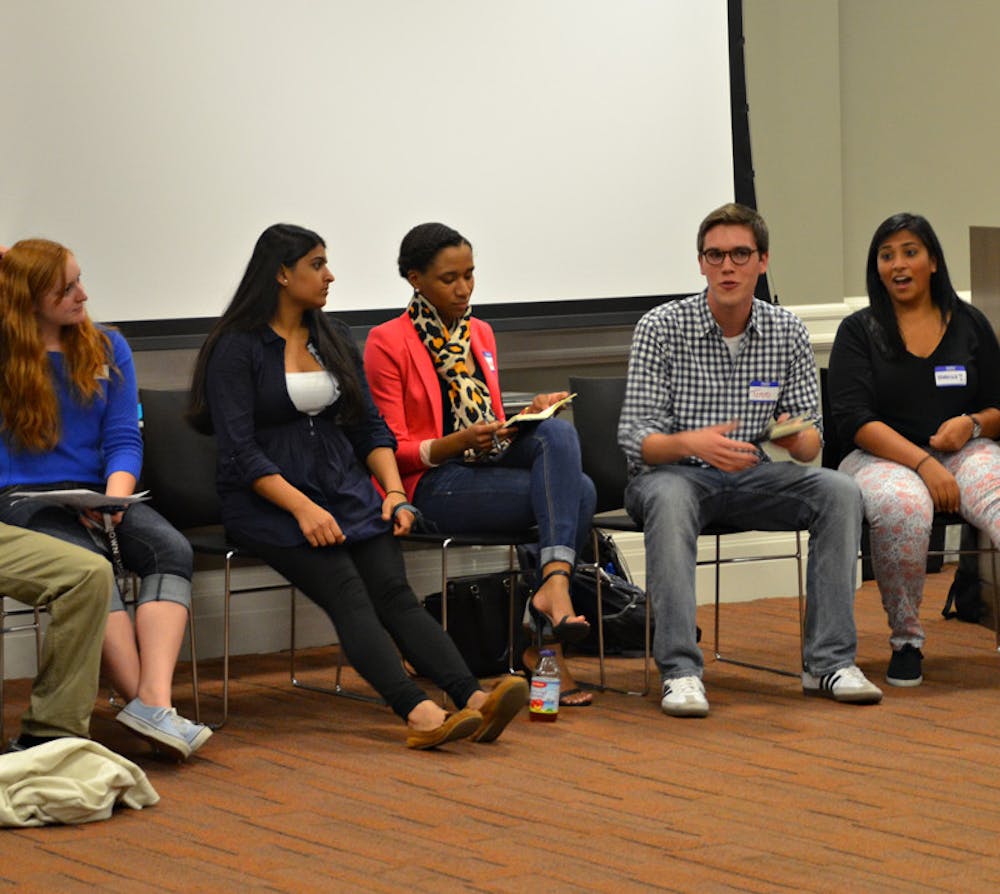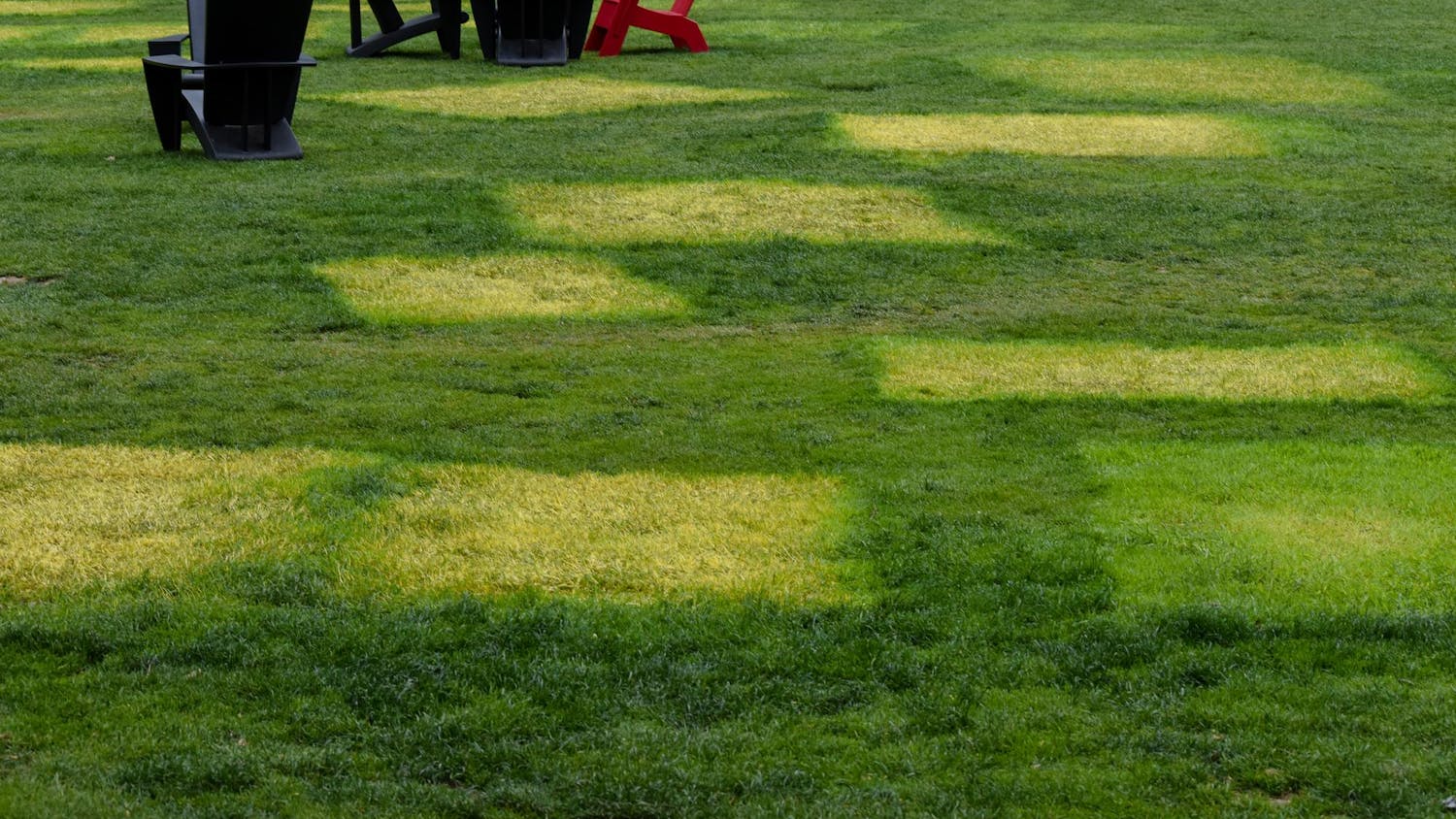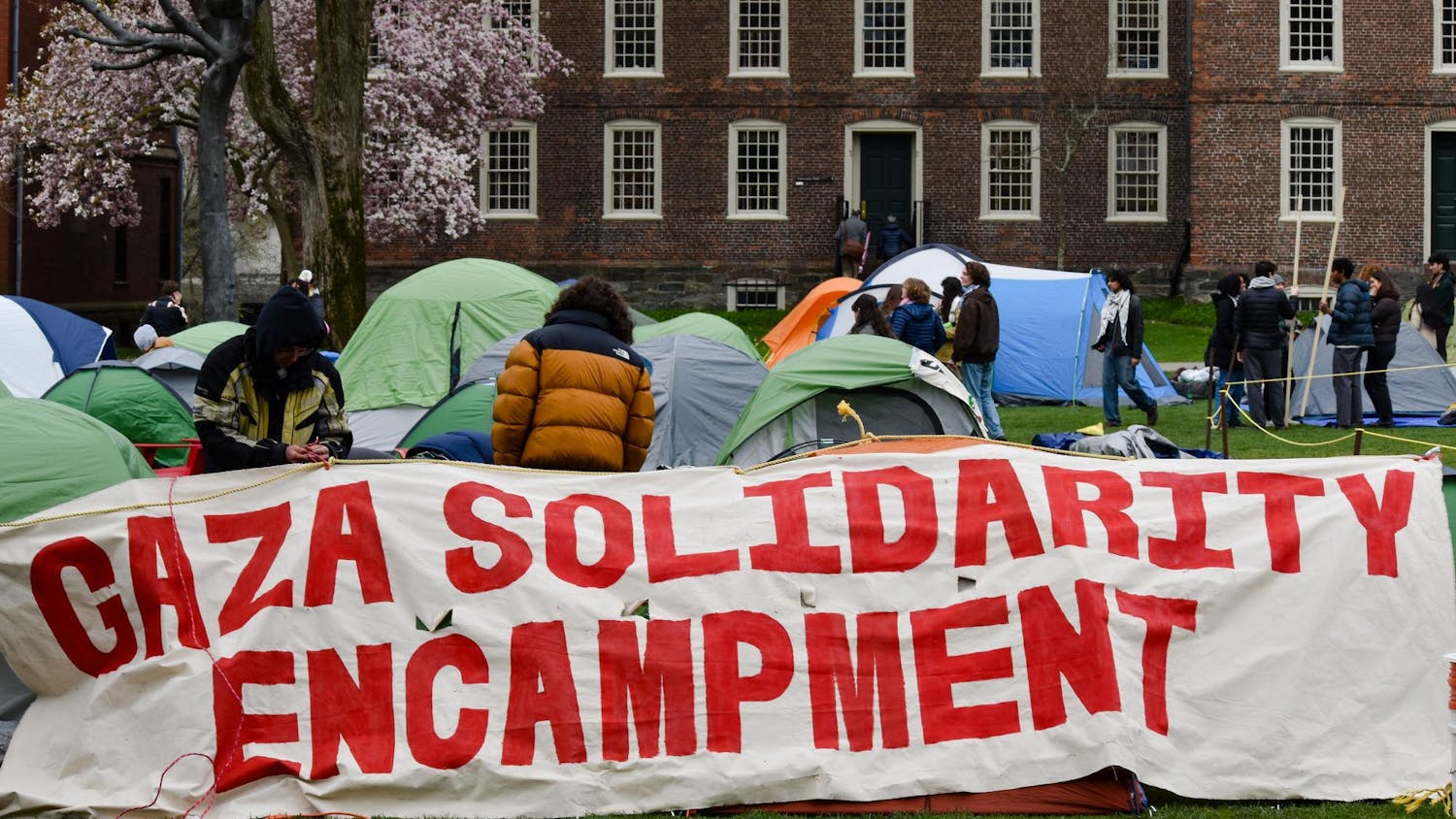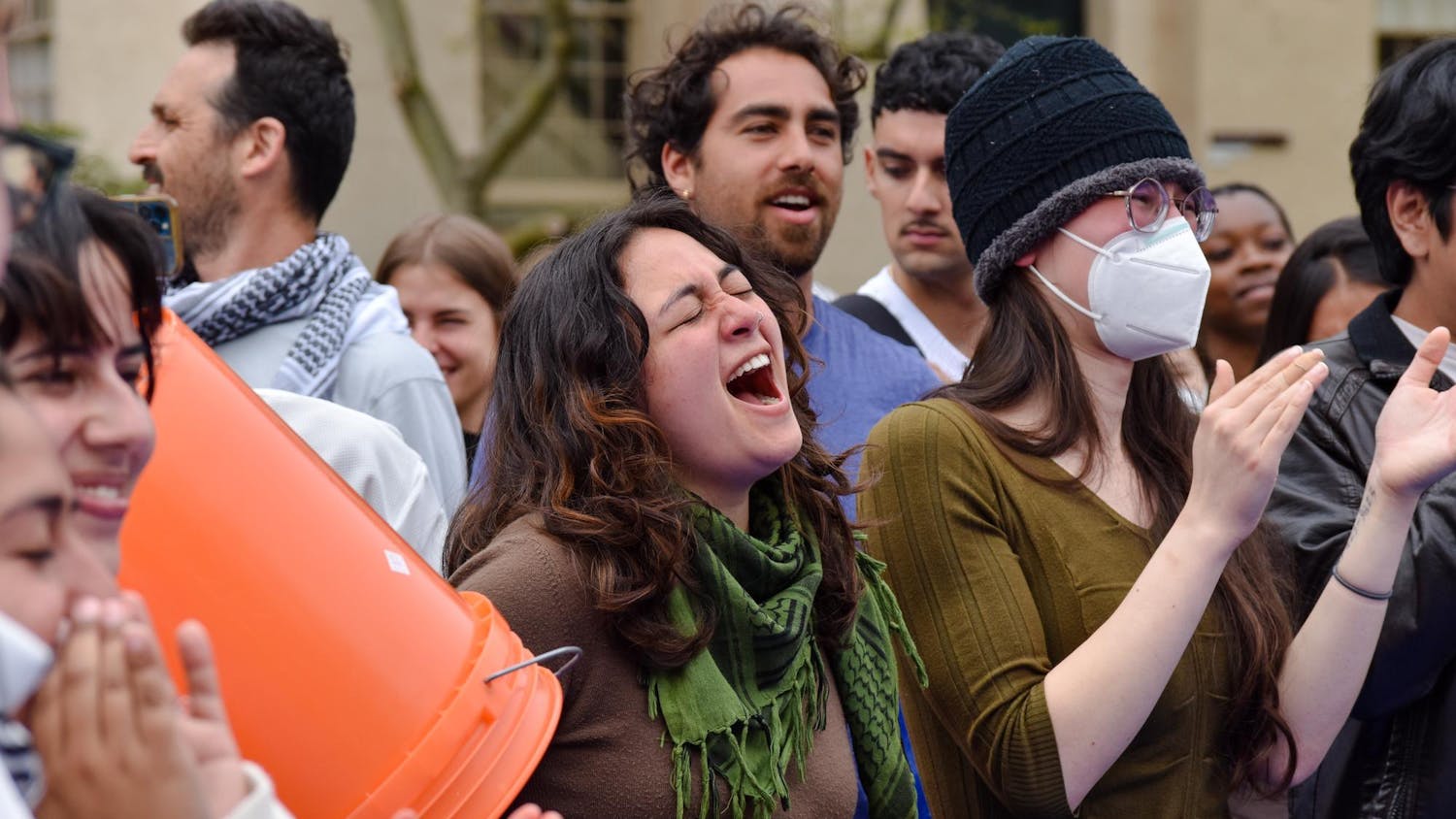After its leaders named advising a key priority for this year, the Undergraduate Council of Students is moving forward with plans intended to improve the undergraduate advising experience.
UCS President Todd Harris ’14.5 said advising will be one of the Council’s top concerns this year, The Herald reported earlier this semester. Undergraduate advising was a mainstay of Harris’ presidential platform last spring, The Herald reported at the time.
The draft of President Christina Paxson’s strategic plan — a document released Sept. 18 that is expected to shape her agenda over the next decade — did not mention advising. But Paxson said at a strategic planning forum Sept. 24 that advising was such an obvious priority that it seemed unnecessary to include in the plan, The Herald reported at the time.
“It doesn’t even need to be there because we know we need to do it,” Paxson said at the forum.
The Council’s push to ensure that advising is included in the strategic plan represents one of its key advising initiatives so far, said Sam Gilman ’15, UCS vice president.
Gilman said he and Harris had an extended discussion with Paxson and Provost Mark Schlissel P’15 last week about the “undergraduate desire to make sure (advising) is incorporated in the strategic vision for the University.” He added that he hopes to continue this discussion when Paxson and Schlissel attend the UCS general body meeting Wednesday.
The UCS Academic and Administrative Affairs Committee has also spearheaded several advising projects, said Maahika Srinivasan ’15, chair of the committee.
Srinivasan said she worked with the Meiklejohn Leadership Committee over the summer to improve the initial email Meiklejohn leaders send first-years.
The revised email featured a section about what students should expect from their first meetings with their advisers, Srinivasan said.
“We emphasized that if your first advising encounter didn’t go well, that’s all right,” she said. “It happens.”
The email also contained a list of “other advising hubs on campus,” such as the Curricular Resource Center, the Brown Advisers Facebook page and the Dean of the College’s open hours, Srinivasan said.
“We really wanted to make sure that students realize there are a lot of resources on campus that help with advising,” said Kayla Rosen ’14, a member of the Meiklejohn Leadership Committee. “So if they’re feeling a little lost, there are places to go.”
Nidia Schuhmacher, senior lecturer in Hispanic studies and a faculty advising fellow, said she supports publicizing alternative academic resources to students.
“We need to create a conscious awareness” that these resources exist for students, she said.
But email may not be an effective way of communicating because many students may skim or not read official-looking emails, Schuhmacher said.
Monika Sobieszek ’17 said she read the initial Meiklejohn email and found it helpful, though she did not remember if the message included a list of alternative academic resources.
The committee is also working to compile a list of “best advising practices” for both advisers and advisees, Srinivasan said. She added that committee members will produce the list in collaboration with Maitrayee Bhattacharyya, associate dean of the College for diversity programs, as well as with Team Enhanced Advising and Mentoring, which is a group of around 45 faculty advisers that meets monthly to discuss advising.
The list will ideally include advice about navigating the first advising meeting and tips for students about writing emails to professors and setting up meetings with professors during office hours, Srinivasan said.
Lisa Lee ’17, a pre-med student with an adviser in the Department of East Asian Studies, said she thinks a list of best advising practices would be helpful for advisers whose advisees are interested in fields outside their expertise.
“Some advisers are nice, and they’re trying their best, but they’re not necessarily equipped to deal with all of the challenges students face,” she added.
Thomas Lewis ’90, associate professor of religious studies and a faculty advising fellow, said he doubts a list of best advising practices would benefit all advisees.
“The advice one student needs might be very different from what another student needs,” Lewis said. “Advising is about individuals. It’s not simply a formula.”

ADVERTISEMENT




